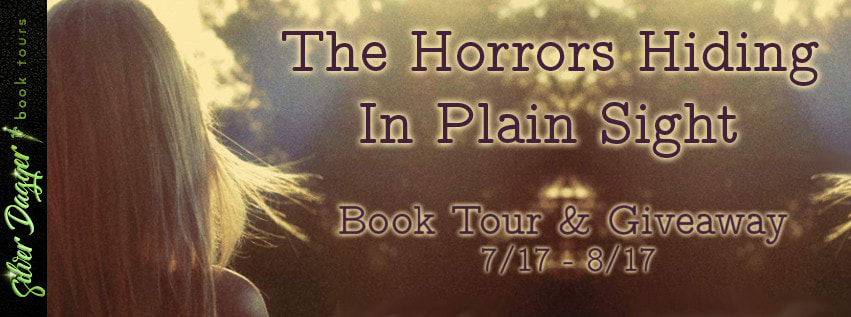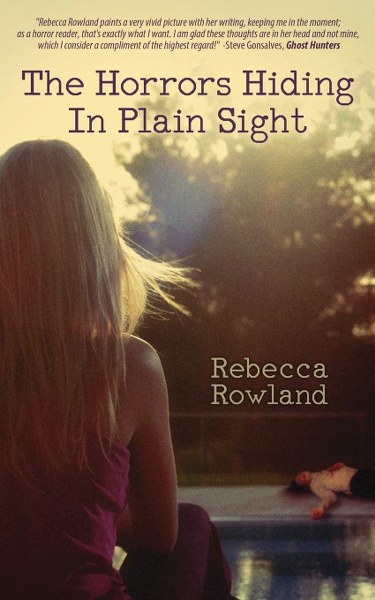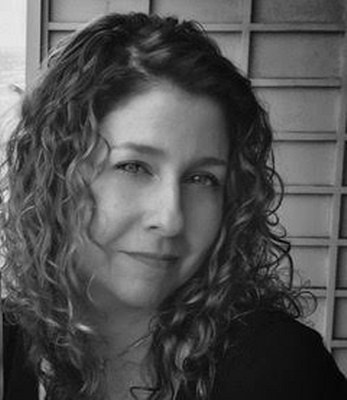Guest
blog: Killing Them Softly: Music and Dark Fiction
by
Rebecca Rowland
A few months ago, I happened to catch the Lemonheads’ rendition of Simon & Garfunkel’s “Mrs. Robinson.” As happens to many of us when we have too much free time (hello, Co-Vid furlough!) and unfettered access to that rabbit hole we call the internet, I searched for information on the song. Ala Robert Frost’s path in the woods, way led onto way and I soon found myself knee-deep in a tangle of posts only tangentially related to the song. But, poof! a short story was born.
My experience is not a novel one. If you ask most writers, they will tell you about their own often commensal relationships with music. Horror author Michael Aloisi loves the soundtracks composed by Clint Mansell; walk in on him crafting a new story and you’ll hear music from The Fountain or Moon wafting from his speakers. Shawn Macomber’s piece in Decibel Magazine’s bi-monthly “Tales from the Metalnomicon” column on musician and splatterpunk raconteur John Skipp fleshes out heavy metal’s push and pull relationship with the horror sub-genre. decibelmagazine.com 2012/12/21 tales-from-the-metalnomicon-john-skipp
When I am reading a piece of fiction, I relish when an author seamlessly slips in an earworm, allowing it to wriggle about my brain as the scene unfolds in my head. Music can establish setting, reinforce theme, and create atmosphere. Jennifer Egan incorporates Iggy Pop’s “The Passenger” in her A Visit from the Good Squad. WhoSampled.com lists more than fifteen remakes of the 1977 ditty (of which, Siouxsie and the Banshees’ is my unabashed favorite, but I’m a child of the 80s) that, at least according to critics, embodies the experience of a nomadic outcast. Feeling like an outsider, searching for identity: there couldn’t be more relatable themes for a piece of fiction, and isn’t that what writing is all about: establishing a brand-new location that everyone, no matter where they began their journey, can find?
When I was writing many of the stories in The Horrors Hiding in Plain Sight, Marilyn Manson’s album The Pale Emperor (2015) was on nearly constant shuffle on my phone. “Third Day of a Seven Day Binge” was the first song that really stuck with me. Its insistent, breathy beat intertwined with hypnotic humming swaying below Manson’s lyrics followed me long after I’d shut off the music, but it’s the song’s multifaceted meaning that acted as inspiration. A “binge” could be interpreted a number of different ways, but the image of someone gorging themselves brings to mind the filling of a bottomless hole with something pleasurable, an escape through overconsumption. Most connotations of binging are negative: eating disorders, substance abuse, obsessive love, yet all are forms of escape to some degree. So many of the characters in Horrors are doing just that; whether it’s Bradley’s fixation on his co-worker, Jesse’s obsession with rigging, or Richard’s fascination with a new student, each character discovers a sustenance that makes him feel whole again, but like any other addiction, the outlet eventually leads to destruction.
Manson
wrote “Killing Strangers” as a dark paean to PTSD and the misconceptions
associated with it after his father revealed to him the difficulties he had
adjusting to the world following his service in Vietnam. theguardian.com 2015/jan/18/marilyn-manson-i-created-a-fake-world The lyrics resonated with me, this idea of how we project so much of our
own horrors onto others, and I realized: at times, we as writers do this in our
work, allegorically or otherwise. “The Mephistopheles of Los Angeles” and its
acoustic rendition “Fated, Faithful, Fatal” are still, to this day, my favorite
songs on the album. A demon who collects damned souls is an allusion that
appears destined for a dark fiction collection, but moreover, the repeated
chorus of “Are we fated, faithful, or fatal?” is a commentary on the
complexity, for better or worse, of human relationships. All of the characters
in Horrors are either bolstered or
damaged (and in many cases, both) by their need for, reliance on, or inability
to form human connections. Coincidentally, that’s precisely what music and
literature do: they build bridges between writer and reader, composer and
listener, and establish a communal refuge no matter where our individual paths
are leading.






No comments:
Post a Comment